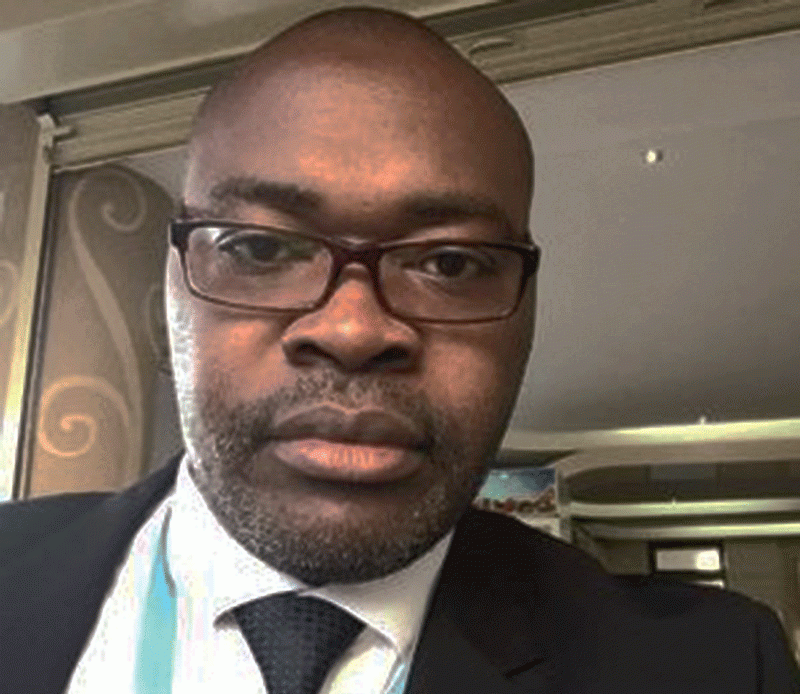
IT seems seismic geopolitical changes are unfolding faster than expected or are we just being paranoid? It was just 15 months ago that fears were raised over the potential geopolitical implications of how the Russian war in Ukraine has been handled by the West.
Most specifically the preference for a war or rather to provide military support to Ukraine to push back the Russian invasion over a diplomatic solution was seen as a bad idea, misinformed and mistimed given that the world was emerging from a devastating COVID-19 pandemic. In addition, the two warring countries have major global economic significance, mainly in terms of energy and cereal supplies.
The war, whose end is no longer easy to predict given the myriad of vested interests, has taken the global economy backwards and has impoverished millions of people across the world. These and other factors have spurred an increasing desire to establish an alternative global trading system to navigate the implications of Western behaviour — mainly sanctions on Russia and other countries that disagree with them.
Countries in pursuit of alternative global trading systems have backed BRICS — the bloc comprised the emerging economies of Brazil, China, India, Russia and South Africa. There is a long queue of countries willing to join the group, mainly those tired of Western capricious behaviour and, therefore, backing the establishment of an alternative global currency and trading system. Over the past months, this group and those supporting it have been busy. Agreements to use alternative currencies have been signed, utilised and trade occurred.
These developments have rattled the West which is seeing its global economic and political influence diminishing, while it is preoccupied with defeating Russia’s Vladimir Putin. Major developments have taken place over the past week which have agitated the West. South Africa may be finding itself gradually drifting to the centre of a global political cold war.
On May 9, the United States (US) government confirmed that China cancelled more export sales of its corn it had previously agreed to, with 327000 tonnes of US corn now cancelled for delivery in the 2022/23 marketing year. The decision has caused panic in the US corn industry given that Brazil offers alternative and affordable supplies. The announcement comes after several cancellations of exports to China in April. China has turned to South Africa for corn, one of the BRICS members. This is seen as a sign of propping up the economies of friendly nations and changing trading patterns.
It is not clear if there is a connection between the Chinese decision and how the US has been acting up on South Africa since last week. The South African rand plummeted and hit a new all-time low against the US dollar. This development came hard on the heels of allegations by Reuben Brigety, the US ambassador to South Africa, that a Russian ship had picked up weapons in South Africa in December, thus suggesting that the country was backing Russia with ammunition.
The US argued that this is against South Africa’s neutral stance on the Russia war on Ukraine. This is despite that South Africa is a sovereign country and known for politically backing Russia. The South African government has denied these allegations, arguing that it never approved any arms shipment to Russia in December and promised an investigation to be led by a retired judge.
- Zim headed for a political dead heat in 2023
- Young entrepreneur dreams big
- Chibuku NeShamwari holds onto ethos of culture
- LSU students win innovation prize
Keep Reading
Whatever the outcome of the investigation, the damage has already been done. The local currency is in panic mode amid fears by investors that South Africa may be slapped with US sanctions. The weakening of the rand is raising fears of a spike in inflation, prices of commodities and bank interest rates.
Compared to other BRICS countries, South Africa is a low-hanging apple and an easy target for the US and its Western allies. Russia is already the most sanctioned country in the world and has sustained a war with Ukraine that has the backing of over two dozen Western countries. It can be argued that Russia is handling a world war against the West alone. China, India and Brazil are untouchable leaving South Africa as the only weak point to disrupt the BRICS project.
For starters, the South African economy is not yet in the hands of black South Africans, a scenario that may weaken its position unless it secures the backing of BRICS members. The economy remains in the hands of Westerners, which makes it easy for the West to fiddle with it.
Second, if the West decides to destabilise the country as it has done in many countries, its first target would be the political structure. This is simply because any attack on the economy would impact Western economic interests.
Therefore, what was witnessed last week is just one of the scare tactics which may be extended and used to turn the people against the ruling government ahead of the elections. Already some of the Western-aligned political parties have started positioning themselves.
- Tapiwa Gomo is a development consultant based in Pretoria, South Africa. He writes here in his personal capacity.







